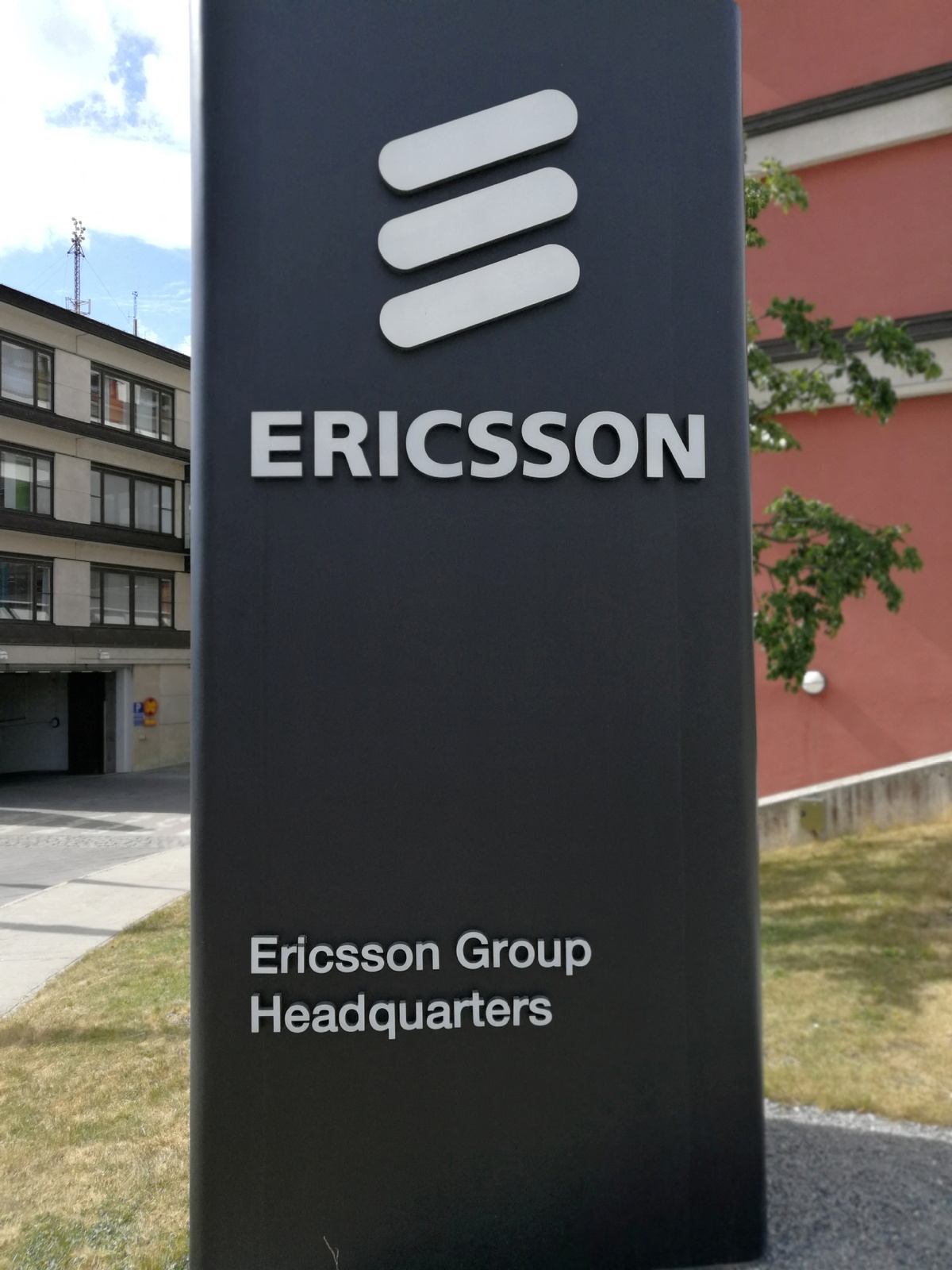Ericsson rocked by Iraq 'bribe' leak
By JULIAN SHEA in London | China Daily Global | Updated: 2022-03-01 09:44

A leak of internal documents from Sweden-based international telecoms company Ericsson has revealed details of alleged involvement in paying bribes to Islamic State, or IS, terrorists in Iraq to enable the company to continue to sell its services there.
Ericsson is one of the world's most important communications company, with 100,000 employees, selling equipment in 180 countries.
It has already been at the center of controversy recently, and seen its stock value fall by 14 percent, after it was forced to admit to what the company's chief executive Borje Ekholm called "serious breaches of compliance rules "in Iraq between 2011 and 2019.
That same year, it reached a $1 billion settlement with the United States Department of Justice for wrongdoings, but the latest document leak to the International Consortium of Investigative Journalists said that in addition to the alleged involvement with IS, there were links to corruption in at least 10 other countries.
"What we are seeing is that transport routes have been purchased through areas that have been controlled by terrorist organizations, including (IS)," Ekholm told Swedish newspaper Dagens Industri in mid-February.
Citibank analysts said the latest allegations against the company, whose sales in Iraq between 2011 and 2019 were around $1.9 billion, were extremely powerful, and would do huge damage to its reputation.
"If the reports are confirmed true, then management's credibility and judgment will be called into question," said a note by analysts led by senior equity research analyst in European technology, Andrew Gardiner.
"Even if they are ultimately untrue, we think it will take some time before innocence can be proven. Either way, we expect Ericsson stock to be uninvestable for most investors for the foreseeable future."
The Guardian newspaper reported that Ericsson's comments seem to have been a way of trying to manage the issue before it became public.
A statement from the company said it was "committed to transparency "which is why it had admitted that the internal investigation had "identified payments to intermediaries and the use of alternate transport routes in connection with circumventing Iraqi customs, at a time when terrorist organizations, including (IS), controlled some transport routes.
"Investigators could not determine the ultimate recipients of these payments. Payment schemes and cash transactions that potentially created the risk of money laundering were also identified."
The 101 pages of leaked documents make claims about activities such as paying bribes, incorrect invoicing, and hospitality and leisure payments for officials and members of governments the company was dealing with.
























